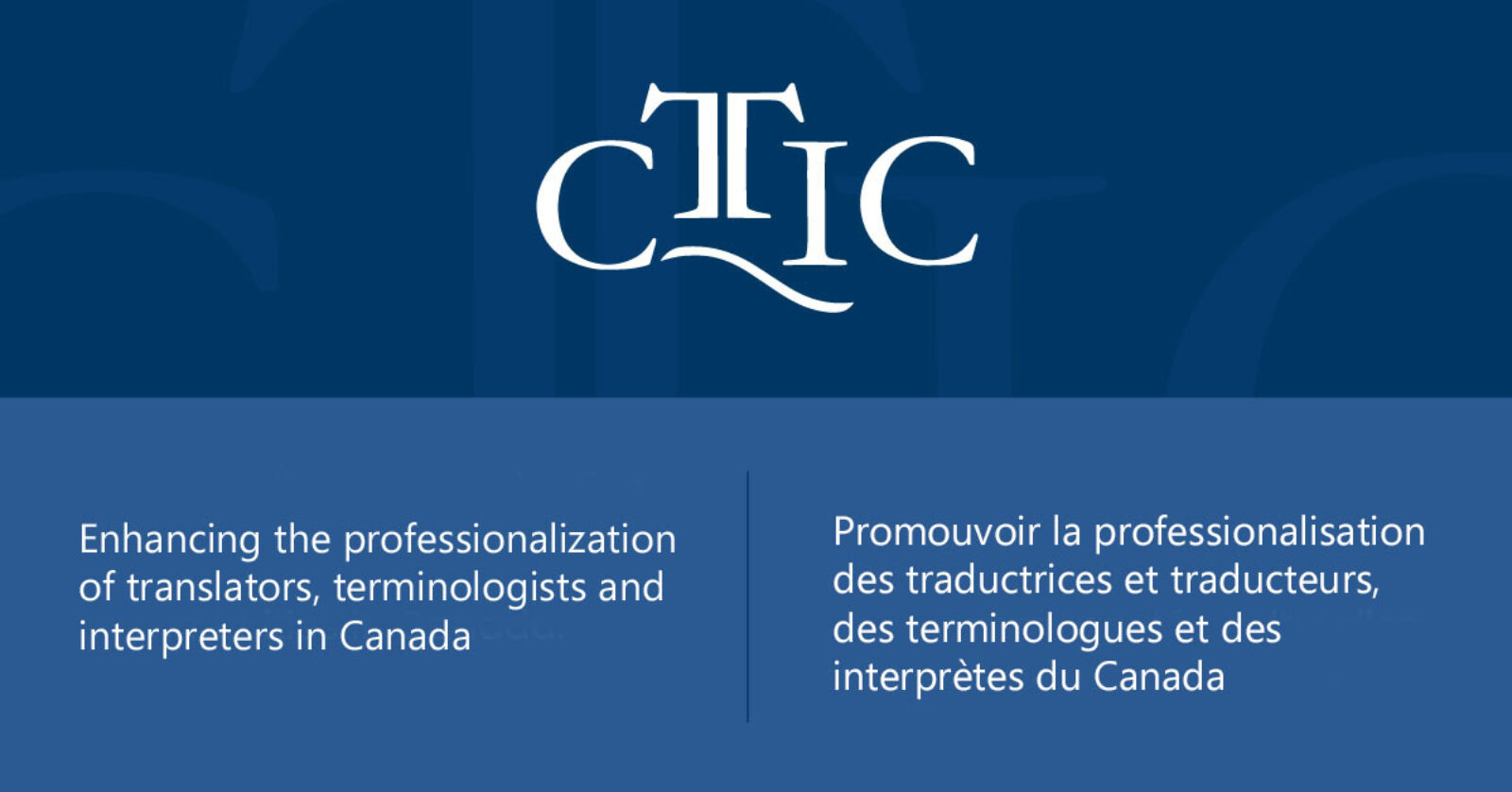Interpreters are professional communicators who orally transmit usually spoken messages from one language to another.
There are three principal methods of interpretation, and interpreters are usually expected to interpret from their foreign language(s) into their mother tongue and vice versa, with a few exceptions.
- In Simultaneous interpretation, the interpreter speaks at the same time as the speaker after a short lag, usually through electronic equipment.
- Consecutive interpretation is used for small discussion groups and in negotiations. The interpreter interprets after the speaker has finished talking.
- In Sight translation, the interpreter translates a written document orally with little to no preparation.
- You may also hear the term Chuchotage, which is a technique whereby the interpreter simultaneously whispers the interpretation of the speaker’s words into the listener’s ear after a short lag without the use of electronic equipment.
Conference Interpretation
Conference interpreters orally restate a message received in one language in another language during speeches, meetings, conferences and debates, remaining true to the original content. They usually interpret from one or two foreign languages into their mother tongue (known as their A language). They may be called upon to interpret into their first foreign language (known as their B language) from their mother tongue but never into their second foreign language (known as their C language).
In addition to possessing all-round knowledge, conference interpreters are usually given the necessary time to prepare vocabulary and glossaries for the meetings they will work at. The vast majority of their work will be in the simultaneous mode.
Court Interpretation
Court interpreters are specialists in oral communication who play a critical role in the administration of justice, by enabling people with limited knowledge of languages spoken at court, tribunals and legal preparatory meetings to participate in the proceedings. Court interpreters are required to provide accurate and impartial interpretation that is faithful to the original message.
Court interpreters must have a strong grasp of legal terminology and the legal process, and could be asked to interpret in preliminary hearings, depositions, arraignments, trials, legal meetings, etc. They are required to work in both simultaneous and consecutive modes.
Court interpretation is a demanding intellectual exercise, whose practitioners require extensive training and a finely-honed ethical sense in addition to a thorough knowledge of the languages involved.
Medical Interpretation
Medical interpreters work with patients in hospitals, doctors’ offices, public health clinics and other medical facilities. They interpret consecutively between patients and medical professionals using their keen listening skills and watching body language to convey messages regarding physical and mental health and concerns. They may be asked to interpret past medical histories, surgical procedures, post-operational care and proper prescription use, and help schedule follow-up appointments.
A medical interpreter is sometimes called upon to explain cultural differences. Consequently, medical interpreters should not only possess a wide vocabulary of medical terms but also a broad knowledge of the cultures in which their professional languages are spoken. Medical interpreters are privy to patients’ personal information and must be unbiased, objective and maintain confidentiality at all times. Some information conveyed to patients may be emotionally charged and medical interpreters must remain calm under stress so as to impart such information impartially and accurately. Medical interpreters may also be involved at end-of-life conversations but must undergo specific training in order to prepare mentally for such events.
At times, medical interpreters may be required to sight translate consent documents or help patients fill in forms prior to consultations with medical professionals.
Community Interpretation
Community interpreters provide language assistance to people unable to access public services due to language barriers. Community interpreters work in community-based settings and situations such as education, public health and safety, insurance, police, social work, housing and legal issues outside of judicial proceedings. Community interpreters provide consecutive interpretation but are sometimes asked to sight translate forms for their clients.
